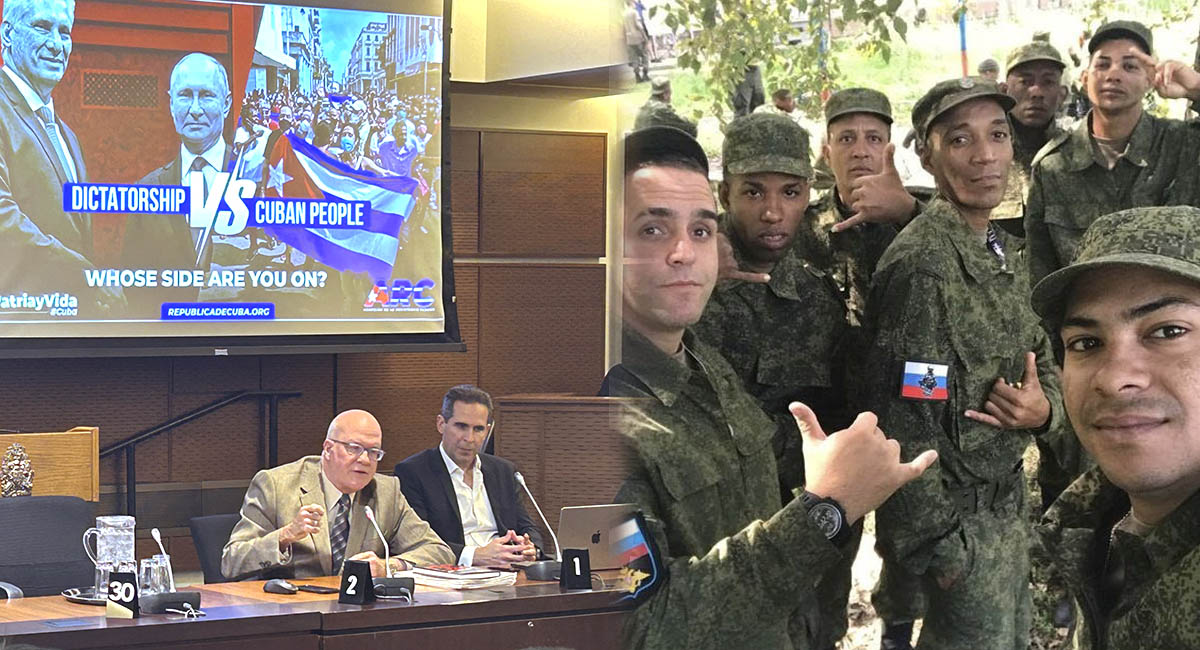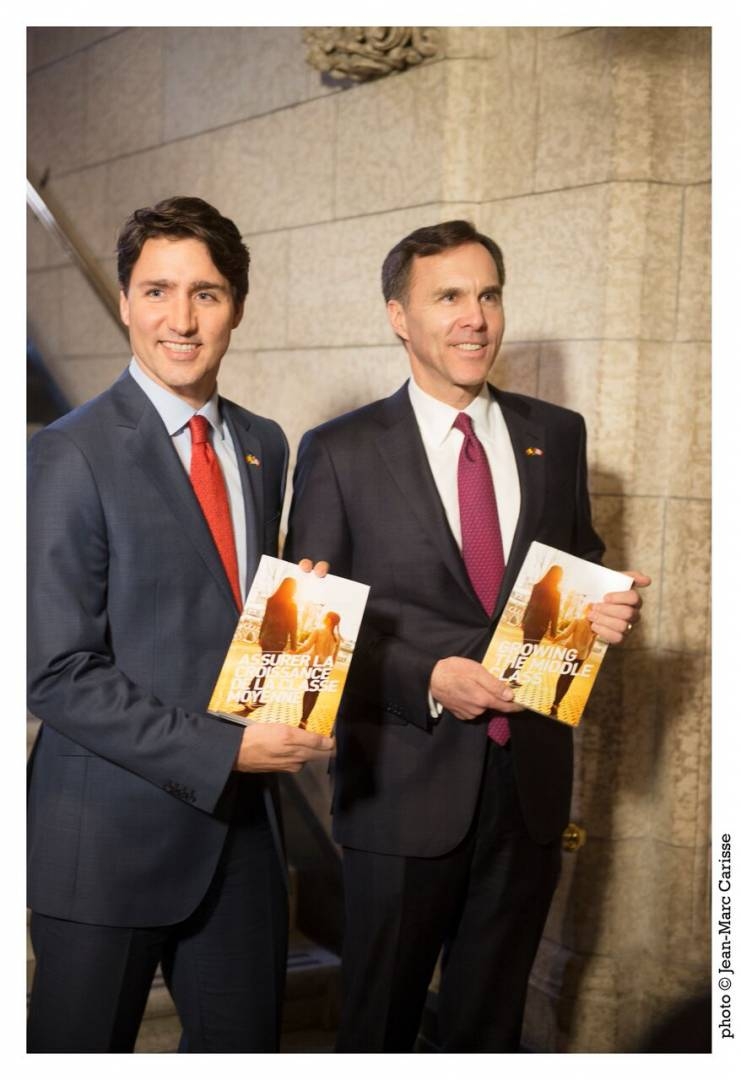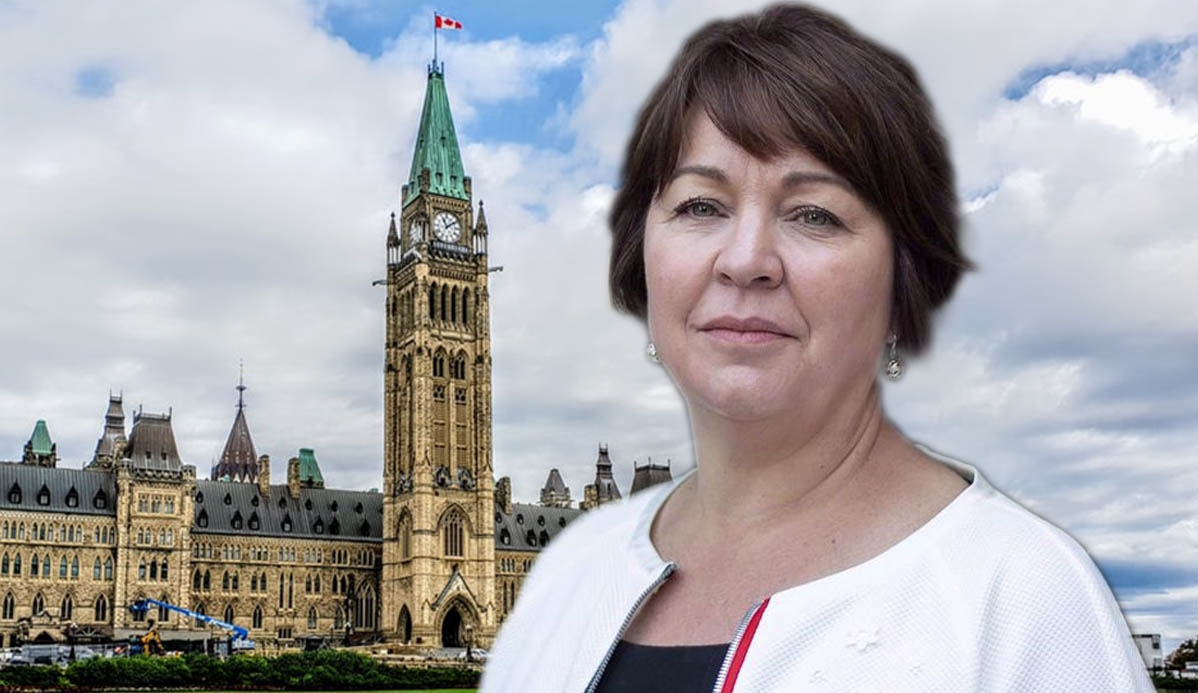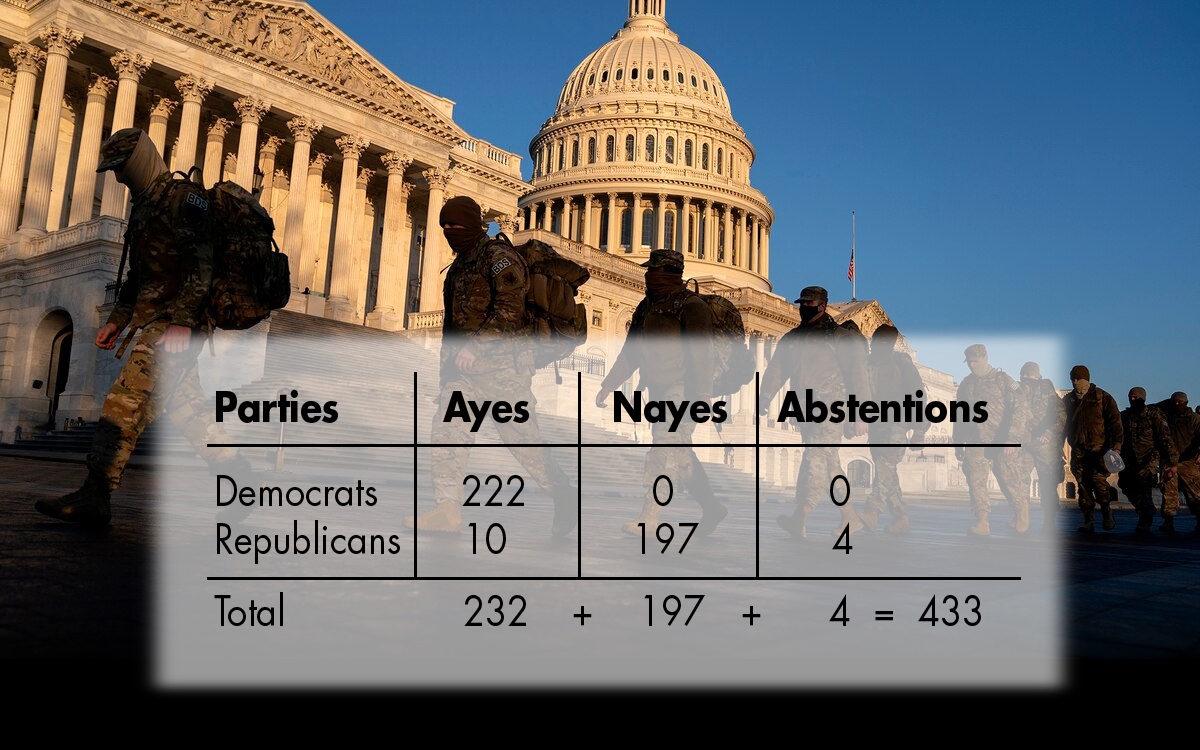
Parliamentarians Hear of Cuba’s Hands in Orchestrating Repression and Democratic Backsliding
At the invitation of Garnett Genuis, Conservative Member of Parliament (MP) for Sherwood Park-Fort Saskatchewan, Dr. Orlando Gutiérrez-Boronat, a leading advocate for freedom in Cuba, was in Ottawa to address a delegation of MPs on state repression in the island state and the ‘creep’ of communism in the hemisphere.
Campaigning has taken Dr. Gutiérrez-Boronat around the world. His Canadian visit was to inform MPS that Canada and the European Union are playing a significant role not only in the suppression of the individual freedoms of Cubans but also in helping the Caribbean dictatorship spread authoritarianism.
The Canadian government, under the tenure of Prime Minister Justin Trudeau, has a cozy relationship with one of the world’s worst dictatorships and the worst in the Western hemisphere. Most Canadians think of Cuba as a beach vacation destination, but the repressive communist regime continues to imprison and murder political dissidents and has helped spread authoritarian tentacles all over Latin America, directly impacting Canadian foreign policy goals.
Perhaps most alarming, Gutiérrez-Boronat spoke of Cuba’s continued close relations with the Russian Federation, which he notes is part of a rising global trend of authoritarian regimes, regardless of ideology, coming together in a new nexus. These countries include Iran, North Korea, Russia, and Cuba.
Cuba has sent over 3,000 soldiers to fight in Ukraine with the Russian Federation. Although the Havana-based regime calls these soldiers volunteers, Ukraine has captured documents showing they are members of the Revolutionary Armed Forces. Gutiérrez-Boronat points out that Cubans cannot leave the country without permission especially members of the country’s military. Gutiérrez-Boronat says that many of these soldiers are members of the Black Berets, a commando unit known for its brutality, and the shadow they cast is bigger than Ukraine and Cuba.
Latin America has seen several tumultuous uprisings against authoritarian left-wing regimes crushed in the last decade while others continue to backslide, becoming more and more authoritarian. Gutiérrez-Boronat noted that the socialist regime of Venezuelan President Nicholas Maduro is a proxy regime of the Cuban Communist Party. In his autobiography, Fidel Castro wrote about his close relationship with former President Hugo Chavez. Both leaders have since died, but the regime’s relations continue.
In 2018, at the height of the violence in Venezuela, Gutiérrez-Boronat described how the security and intelligence services of Venezuela became saturated with Cuban personnel. Cuban special troops were deployed to areas like airports and other strategic places. Prisoners reported being victims of torture by men with Cuban accents who partook in their interrogation. In 2019, The Washington Post reported there were as many as 20,000 Cuban soldiers in the country, with Venezuelan defectors confirming reports of Cuban advisors.
Similarly, but less well-known, is the situation in Nicaragua. Although the country has not caught the world’s attention in the same way as Venezuela, it faced a hostile takeover (1979-1990) by former dictator Daniel Ortega. His socialist regime was a bane of the Reagan administration due to fears of it spreading communism in Latin America.
Ortega was re-elected along with his Sandinista movement in 2006 by a plurality, over 16 years after his government was defeated in brokered elections. Despite a peaceful transfer of power, he returned to the repression the Sandinistas were notorious for in the 1980s and began dismantling the country’s democratic institutions, stacking the Supreme Court with Sandinista judges and overturning constitutional term limits on power. In 2018, Nicuaraguans took to the streets to protest and were crushed. The Cuban security services once again showed up to help in the repression, putting down the pro-democracy movement in the country.
As Latin American countries, including Mexico and Chile, have leaned further to the socialist left, Cuba is using softer power to assert its authoritarian views on the rest of Latin America. Dr. Gutiérrez-Boronat candidly points out that there is almost no solidarity to be found with Ukraine in Latin America, and he says that Cuban intelligence efforts to subvert opinion have played a substantial role in this process.
Gutiérrez-Boronat called out the Canadian government of Justin Trudeau, noting that if the actions taken by Cuba had been taken by another power such as Belarus, they would have been sanctioned, but because the Trudeau family has a warm relationship with the Castros, this has not happened. Consequently, the government of Canada continues to financially support the Cuban regime through aid and loans along with the European Union.
Furthermore, Gutiérrez-Boronat notes that current Canadian government literature on Cuba is of a democratic country with problems, not a totalitarian society where protesting or practising your faith can cost you everything. There have been several mysterious deaths of protestors who took part in the anti-regime uprising of 2021. The latest, a 37-year-old mechanic was operated on in secret while imprisoned, without his family being informed, and died shortly afterwards. Yet the Trudeau government sees Cuba as no threat to democracy, and the CRTC even allows Cuban state propaganda to be broadcast through the Cubavision Internacional. Contrast this with Russia Today, which has been banned.
Dr. Gutiérrez-Boronat says that Cuba supports objectives, while Canada is trying to subvert those same goals. Cuba is a co-belligerent in its war of aggression in Ukraine. Supporting the Havana regime goes against Canada’s national interest and that of its allies.
Header image: Dr. Orlando Gutiérrez-Boronat addressing Canadian government officials. RIGHT: Cuban soldiers in Russian uniforms.









